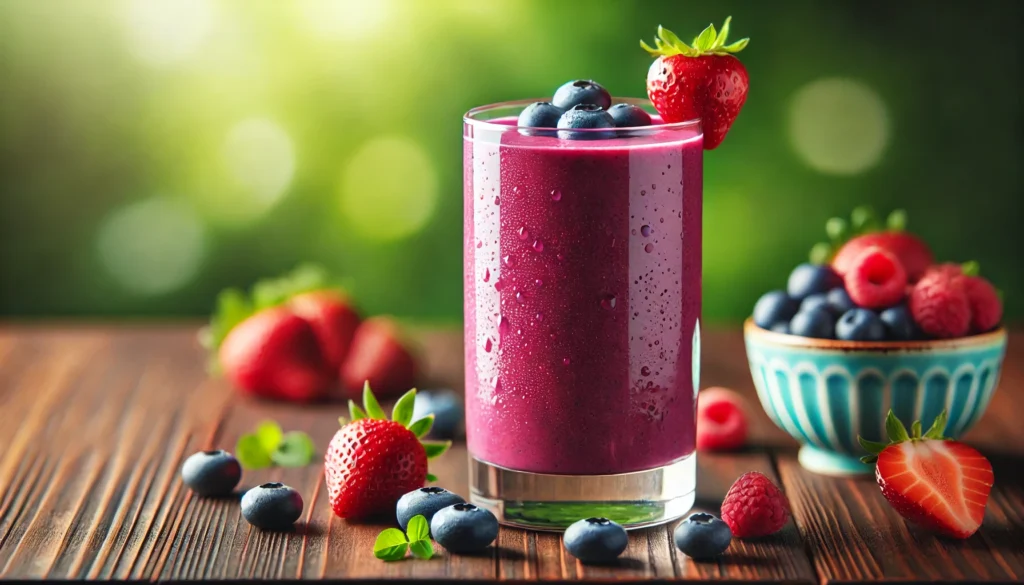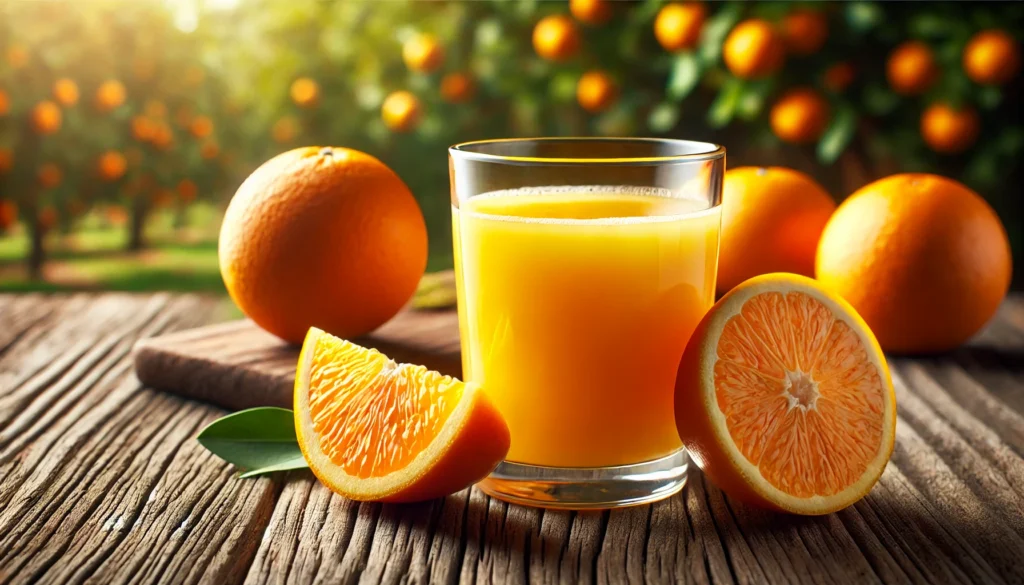Dementia, a collective term for cognitive decline and memory loss, affects millions worldwide and poses significant challenges for individuals and their families. While there is no surefire cure, recent research has been investigating various dietary interventions, including specific beverages, that might slow down or even prevent the onset of dementia. This article delves into the science behind some of the top beverages that could potentially combat this debilitating condition.
You may also like: Understanding Memory Loss: Support Strategies
The Science of Dementia and Diet
Dementia encompasses a range of symptoms associated with a decline in cognitive function severe enough to interfere with daily life. Alzheimer’s disease is the most common form of dementia, accounting for 60-80% of cases. Although genetics and age are significant risk factors, lifestyle choices, including diet, play a crucial role in brain health.
Understanding Cognitive Decline
Cognitive decline refers to the gradual loss of cognitive abilities, including memory, reasoning, and decision-making. This decline can significantly impact daily life, making simple tasks challenging. Understanding the biological mechanisms underlying cognitive decline can help in identifying potential interventions.
Role of Diet in Brain Health
The connection between diet and brain health is increasingly recognized in scientific communities. Nutrients in our diet not only provide energy but also play a role in maintaining brain structure and function. A balanced diet rich in specific nutrients can support cognitive processes and potentially delay the onset of dementia.
Nutrients and Compounds of Interest
Certain nutrients and compounds found in drinks have garnered attention for their neuroprotective benefits. Antioxidants, anti-inflammatory agents, and other bioactive compounds in these beverages may reduce oxidative stress and inflammation, both of which are linked to cognitive decline. Understanding how these compounds work can guide dietary choices aimed at preserving brain health.
Green Tea: The Antioxidant Powerhouse
Green tea has been consumed for centuries, celebrated for its numerous health benefits. Rich in polyphenols, particularly catechins like EGCG (epigallocatechin gallate), green tea is a potent antioxidant. These compounds help combat oxidative stress, a key player in the pathogenesis of Alzheimer’s and other forms of dementia.
What Makes Green Tea Special?
The unique composition of green tea sets it apart from other beverages. Polyphenols, particularly catechins, are abundant in green tea and contribute to its antioxidative properties. These compounds are believed to protect brain cells from oxidative damage, a significant factor in cognitive decline.
Scientific Backing
A study published in the journal “Psychopharmacology” highlighted that regular consumption of green tea may enhance memory and cognitive functions. Moreover, the antioxidative effects of EGCG have shown promising results in reducing amyloid plaque formation, a hallmark of Alzheimer’s disease. Additional research supports the notion that green tea can improve brain connectivity, which is crucial for maintaining cognitive functions.
Incorporating Green Tea into Your Routine
To harness the potential benefits, consider incorporating a few cups of green tea into your daily routine. Opt for high-quality, loose-leaf varieties to maximize the beneficial compounds. Experiment with different brewing times and temperatures to find a flavor that suits your palate while ensuring you extract the maximum amount of beneficial compounds.
Potential Side Effects and Considerations
While green tea is generally safe, excessive consumption can lead to side effects such as insomnia or digestive issues due to its caffeine content. It’s important to balance your intake and be mindful of your body’s reactions. Consulting with a healthcare professional can provide personalized guidance, especially if you have underlying health conditions.
Coffee: More Than Just a Morning Ritual
Coffee, a staple in many morning routines, contains caffeine and a wealth of antioxidants. While caffeine is best known for its stimulating effects, its potential neuroprotective properties are gaining attention.

The Cognitive Boost from Coffee
Caffeine, the primary psychoactive component in coffee, is known for its ability to enhance alertness and concentration. Beyond its immediate effects, caffeine may offer long-term benefits for brain health, including improved memory and reduced risk of dementia-related diseases.
Research Insights
Research published in the “Journal of Alzheimer’s Disease” suggests that moderate coffee consumption is associated with a reduced risk of developing dementia. Caffeine may inhibit the formation of beta-amyloid plaques and promote brain health by increasing the production of granulocyte colony-stimulating factor (G-CSF), a substance that may protect the brain. Other studies have highlighted coffee’s potential to enhance cognitive resilience, providing a buffer against cognitive decline.
Moderation is Key
While the benefits are promising, moderation is crucial. Excessive caffeine can lead to unwanted side effects such as anxiety and insomnia. Aim for 1-2 cups daily to reap the benefits without overconsumption. It’s important to find the right balance that fits your lifestyle and caffeine tolerance.
Choosing the Right Coffee
The type of coffee you consume can also impact its health benefits. Opt for freshly brewed coffee made from high-quality beans to maximize antioxidant intake. Consider exploring different brewing methods, such as French press or espresso, to enjoy a variety of flavors and intensities.
Red Wine: A Glass for Your Brain
Red wine, consumed in moderation, has been associated with various health benefits, primarily due to its resveratrol content. Resveratrol is a polyphenol found in the skin of red grapes, known for its anti-inflammatory and antioxidant properties.
Resveratrol and Brain Health
Resveratrol has been the focus of numerous studies for its potential role in brain health. Its antioxidant properties may protect brain cells from damage, while its anti-inflammatory effects could reduce harmful brain inflammation, a contributing factor to cognitive decline.
Supporting Studies
A study in the “Journal of Neuroscience” suggests that resveratrol might reduce amyloid-beta levels and promote neuroplasticity, potentially slowing cognitive decline. Additionally, the Mediterranean diet, which includes moderate red wine consumption, has been linked to a lower incidence of dementia. Further research has also indicated that resveratrol might improve blood flow to the brain, enhancing overall brain function.
Sip Smartly
To enjoy the benefits without the drawbacks of excessive alcohol consumption, limit yourself to a glass of red wine per day. Consider choosing wines with higher resveratrol content, such as Pinot Noir, to maximize potential brain health benefits. Always pair wine consumption with a balanced diet to support overall health.
Potential Risks and Alternatives
While moderate red wine consumption can be beneficial, excessive alcohol intake is linked to numerous health risks, including liver disease and addiction. For those who prefer to avoid alcohol, resveratrol supplements or grape juice can be alternative sources of this beneficial compound.
Berries: A Juicy Defense
Berries, particularly blueberries and strawberries, are packed with flavonoids, compounds known for their antioxidant and anti-inflammatory effects. Berry juices can be a delicious and beneficial addition to a brain-healthy diet.
Berry Good News
Berries are not only delicious but also a powerhouse of nutrients that support brain health. Flavonoids in berries have been shown to cross the blood-brain barrier, exerting protective effects directly on brain cells. These compounds may help preserve cognitive function and delay brain aging.
Evidence of Efficacy
Studies have shown that the flavonoids in berries can improve memory and delay brain aging. A study published in the “Annals of Neurology” found that women who consumed more blueberries and strawberries had a slower rate of cognitive decline. Additional research highlights the role of berries in improving brain connectivity and enhancing learning abilities.
How to Enjoy
Incorporate a glass of berry juice into your daily routine. Opt for juices with no added sugars to maximize health benefits. Fresh or frozen berries can also be added to smoothies, cereals, or salads for a nutritious boost. Consider experimenting with different types of berries to enjoy a variety of flavors and health benefits.
Choosing Quality Products
When selecting berry juices, it’s important to choose products that are 100% juice without added sugars or artificial flavors. Reading labels carefully can help ensure you are getting the most nutritional value. If possible, making your own berry juice at home allows for full control over the ingredients and ensures maximum freshness.

Herbal Teas: Ancient Wisdom Meets Modern Science
Herbal teas, such as chamomile, peppermint, and ginkgo biloba, have been used traditionally for their health benefits. Ginkgo biloba, in particular, is renowned for its potential to enhance cognitive function.
The Benefits of Herbal Infusions
Herbal teas offer a wide range of health benefits, depending on the herbs used. Ginkgo biloba, for instance, has been studied for its potential to improve memory and cognitive speed. Other herbal teas, like chamomile and peppermint, may provide calming effects that reduce stress, indirectly supporting brain health.
Modern Research
Ginkgo biloba extract has been studied for its effects on cognitive impairment, with some studies suggesting it may improve memory and cognitive speed. Its antioxidative properties may protect neurons from damage, supporting overall brain health. Additionally, the calming effects of certain herbal teas may reduce stress-related cognitive decline, highlighting the importance of holistic approaches to brain health.
A Calming Ritual
Enjoy a cup of herbal tea as part of your evening routine to relax and potentially support brain health. Choose blends that suit your taste preferences and health goals. Creating a calming tea ritual can also enhance the overall experience, providing a moment of mindfulness and relaxation.
Potential Side Effects and Precautions
While herbal teas are generally safe, some individuals may experience allergic reactions or interactions with medications. It’s important to consult with a healthcare professional, especially if you are pregnant, nursing, or taking prescription medications. Starting with small amounts can help gauge your body’s response to new herbal teas.

Conclusion: Sip Your Way to Better Brain Health
While no single beverage can prevent or cure dementia, incorporating these drinks into a balanced diet may contribute to better brain health. Green tea, coffee, red wine, berry juices, and herbal teas offer a variety of beneficial compounds that support cognitive function and combat oxidative stress.
Practical Steps for Incorporation
Incorporating these beverages into your daily routine doesn’t have to be complicated. Start by selecting your favorite drinks from this list and gradually introduce them into your diet. Pay attention to how your body responds and make adjustments as needed. Remember, consistency is key in reaping the long-term benefits for brain health.
The Importance of a Holistic Approach
While these beverages offer promising benefits, they should be part of a broader lifestyle approach that includes a balanced diet, regular exercise, and mental stimulation. Engaging in activities that challenge your brain, such as puzzles or learning a new skill, can complement the benefits of these drinks.
Future Research and Innovations
As we continue to unravel the complexities of dementia, ongoing research will likely uncover new insights and innovations in dietary interventions. Staying informed about the latest findings can empower you to make informed dietary choices and take proactive steps in maintaining cognitive function and enhancing your overall quality of life.
Further Reading:
The diet that could cut dementia risk by almost 25%
Alzheimer’s: Medicines help manage symptoms and slow decline
Important Note: The information contained in this article is for general informational purposes only, and should not be construed as health or medical advice, nor is it intended to diagnose, prevent, treat, or cure any disease or health condition. Before embarking on any diet, fitness regimen, or program of nutritional supplementation, it is advisable to consult your healthcare professional in order to determine its safety and probable efficacy in terms of your individual state of health.
Regarding Nutritional Supplements Or Other Non-Prescription Health Products: If any nutritional supplements or other non-prescription health products are mentioned in the foregoing article, any claims or statements made about them have not been evaluated by the U.S. Food and Drug Administration, and such nutritional supplements or other health products are not intended to diagnose, treat, cure, or prevent any disease


